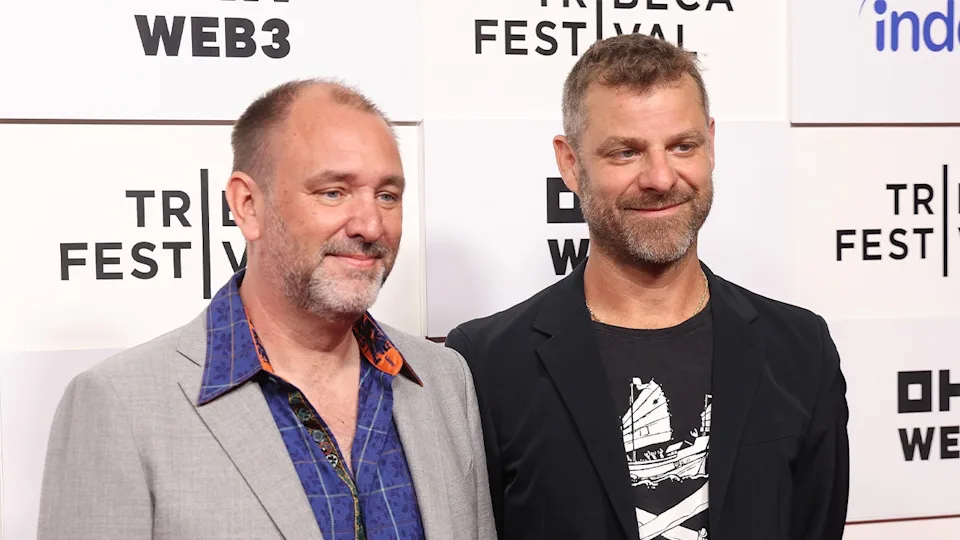‘South Park’ Delivers Explicit Response to Department of Homeland Security
In typical boundary-pushing fashion, “South Park” has stirred controversy once again—this time by delivering an explicit, no-holds-barred response to a reported inquiry from the U.S. Department of Homeland Security (DHS). The incident, which unfolded on social media and quickly went viral, has reignited debates over free speech, satire, and the role of political commentary in entertainment.
The Background
According to sources close to the situation, the DHS recently contacted South Park Studios with concerns related to a recent episode that included satirical depictions of government surveillance, immigration policies, and border enforcement tactics. While DHS has neither confirmed nor denied the nature of the communication, the show’s creators—Trey Parker and Matt Stone—wasted no time in crafting a response.
Rather than issuing a formal reply or clarifying their stance, the show’s official account posted a short video clip on X (formerly Twitter), featuring characters Cartman and Randy Marsh unleashing a barrage of uncensored profanity and thinly veiled jabs at government overreach.
The post was captioned simply:
“To the fine folks at DHS 💋.”
It was immediately met with both applause and outrage.
A History of Pushing Boundaries
This is far from the first time “South Park” has clashed with government institutions or touched nerves in high places. Since its debut in 1997, the show has made a career out of lampooning politics, religion, celebrities, and virtually every major sociopolitical issue in the news cycle.
Whether targeting the NSA’s mass surveillance, the Iraq War, or pandemic mandates, the creators have consistently claimed First Amendment protection for their often extreme—but satirical—portrayals.
“We’ve never been in this to play it safe,” co-creator Matt Stone said in a 2022 interview. “Satire is meant to push buttons. If someone in government gets upset, that probably means we’re doing our job.”
Public Reaction: Applause, Criticism, and Memes
The response from fans was swift and overwhelmingly positive—at least on the internet. The clip racked up millions of views within hours and was quickly converted into GIFs and memes across platforms. Many hailed the creators as defenders of free expression, celebrating the move as classic “South Park” irreverence.
However, not everyone was amused. Several commentators, including former government officials and political analysts, criticized the creators for crossing a line during a time when public trust in institutions is already fragile.
“There’s a difference between satire and inflammatory messaging,” said one former DHS staffer anonymously. “Mocking the agency is one thing—provoking it with vulgarity is another.”
Legal or Cultural Fallout?
While it’s unclear whether the DHS plans to pursue further communication—or if any legal response is even possible—the stunt underscores South Park’s unique status in the entertainment industry. The show remains a cultural lightning rod, one of the few mainstream programs still willing to mock power without filters.
Media analysts suggest that this latest controversy will only bolster viewership ahead of the next season, reinforcing the show’s reputation for biting social commentary.
Conclusion
As always, “South Park” walks a fine line between comedy and confrontation, and their explicit response to the Department of Homeland Security is unlikely to be their last. In an era where many shows tiptoe around controversy, Parker and Stone continue to prove that provocation, not politeness, is their brand’s foundation.
For fans of the show, it’s just another day in South Park. For critics, it’s another reminder that satire isn’t always comfortable—and that’s often the point.
![]()
Share this content:
